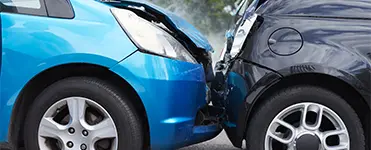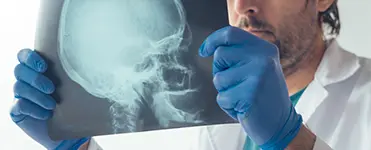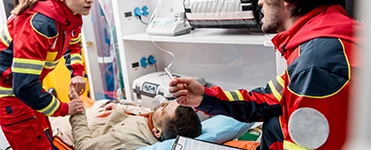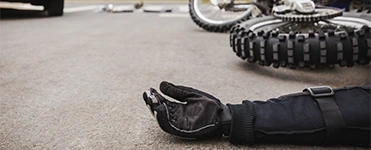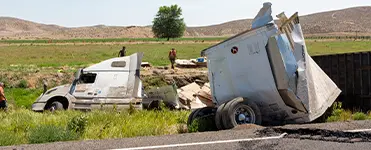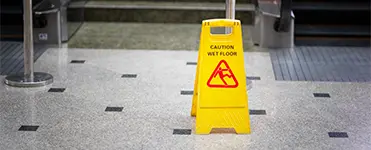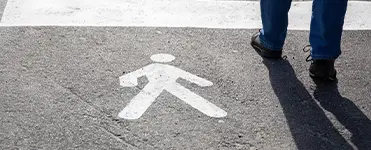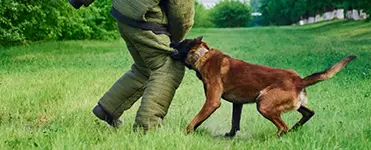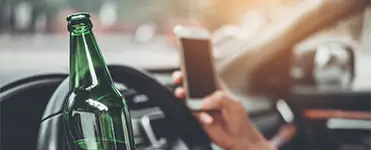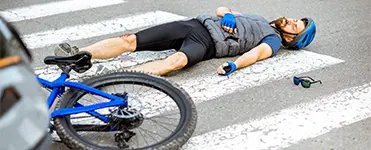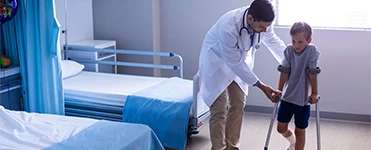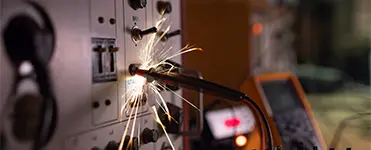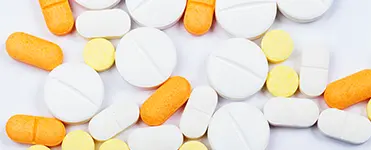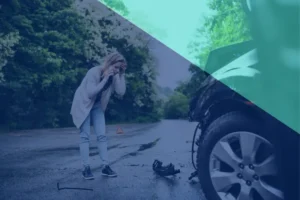Auto accidents can be a traumatic experience and cause severe injuries and financial problems to victims, that’s why it is crucial to take immediate action to protect your rights and ensure fair compensation for any damages. In California, collecting evidence after a car accident is particularly important, as it can play a significant role in determining liability and the amount of compensation for injuries or damages you are entitled to.
Constructing a successful car accident claim requires an ample amount of evidence demonstrating fault and the damages incurred. Every instance of relevant accident evidence should be collected, as there is no such thing as “too much.” This will help to ensure that the accident claim is supported with facts.
How To Prove You Are Not At Fault In A Car Accident
It can be difficult to prove that you did not cause a car accident. However, with the support of an experienced accident lawyer who is knowledgeable in collecting valuable evidence and managing claims, establishing liability will be easy.
To prove that you are not at fault in a car accident, it is important to gather all evidence related to the incident. Take as many photographs of the vehicle and damage, get witness testimonies, and call law enforcement if there was a physical injury involved. If a third party is claiming vehicle damages or medical damages from you due to their alleged fault in the incident, your expert lawyer can review the case and help protect your rights.
Have you been involved in a bad accident that was not your fault?
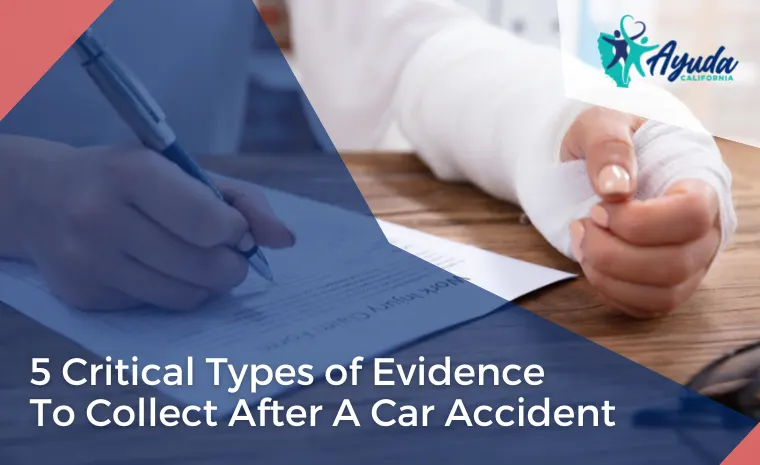
Essential Evidence To Collect After A Car Accident
To successfully prove liability for an accident and associated injury or damages, it is essential to collect five key pieces of evidence. These can provide an adequate basis from which to successfully file a claim. The essential evidence to collect after a car accident includes:
Police Report
A police report is a critical piece of evidence to collect after a car accident because it provides an official, neutral account of what happened. It can help determine liability, assist with insurance claims, and be used in legal proceedings if necessary.
As an official record of the incident, the accident report includes the date, time, and location, as well as the names and contact information of all parties involved. The police report also contains information about the situational details of the accident, such as who was at fault, any traffic signs violations made, and any contributing factors like poor weather or road conditions.
Photographs
Photographic evidence is essential because they provide a visual record of the entire accident scene. These document injuries and damages, as well as help preserve evidence that may otherwise disappear with time, such as skid marks, debris, or weather conditions. Photos can also corroborate statements made by the parties involved and witness testimonies. They can be crucial in determining liability, assessing additional damages, and processing insurance claims or legal proceedings.
Medical Records
Medical records are crucial evidence to collect after a car accident and personal injury claims. These records document the injuries sustained by the parties involved in the accident, including the type of injury, the severity, and the treatment required. This information can be used to determine the extent of damages and further establish liability.
Medical records can also help build a causal link between the accident and the injuries sustained and provide a history of the injured party’s treatment, including the types of medical procedures performed, medications prescribed, and follow-up care needed. It can also be used as evidence in court, and medical professionals may be called upon to testify as expert witnesses.
Witness Statements
Witness statements can corroborate the events surrounding the accident and help establish the sequence of events. They can fill in gaps in the evidence and provide a more complete picture of what happened. Accident witnesses are often impartial and provide an unbiased account of what they saw. This can be helpful in determining liability, as it provides an independent account of what happened.
Communication Records
Communication records can be essential evidence in a car accident, particularly in cases where distracted driving is suspected or liability is disputed. Some of the communication records that can be used as a key pieces of evidence include:
- Cell phone records: These can be used to determine whether a driver was using their phone at the time of the accident.
- Text messages or emails: If a driver was texting or emailing at the time of the accident, these records can be used to prove negligence and establish liability.
- GPS records: These can be used to determine the speed of the vehicles involved in the accident, the direction they were traveling, and their location at the time of the accident. This information can be essential to reconstruct the incident.
Other evidence, such as damage estimates, towing receipts, road conditions, and video surveillance, is essential in constructing a robust case. Therefore, it is critical to obtain as much of this type of information as possible to prove your innocence and fight against the at-fault party.
Car accident victims may be feeling frustrated and try to only focus on their recovery after an accident. Dealing with all legal proceedings and collecting evidence can be a burden — that’s why having an experienced attorney by your side can make the difference in your car accident case.
How Car Accidents Claims Are Investigated
When an auto accident results in an insurance claim, the auto insurance company will typically investigate to determine the extent of the damage and who was at fault for the accident. The investigation process may involve the following steps:
- Gathering information: The insurance company will gather information about the accident, including police reports, witness statements, and any other relevant evidence. They may also obtain medical records and bills related to any injuries sustained.
- Inspection: The insurance company will inspect the damage to the vehicles involved. This may involve taking photographs or videos of the damage and gathering information about the make and model of the vehicles.
- Analysis: The insurance company will analyze the information gathered during the investigation to determine who was at fault. This may involve reviewing traffic laws, analyzing witness statements, and considering any other relevant factors.
- Settlement negotiation: Once the insurance company has determined the extent of the damage and who was at fault, they will begin negotiations with the affected parties to reach a settlement. This may involve offering compensation for property damage, medical bills, lost wages, and other related expenses.
- Legal action: If a settlement cannot be reached, legal action may be necessary. The insurance company may hire lawyers to defend its position or to file a lawsuit against the other party.
The aim of this investigation is to establish the scale of the damage, identify liable parties, and award appropriate compensation. Insurance companies often attempt to force an early settlement to avoid incurring costs. However, this is rarely in the victim’s favor.
To ensure that claimants receive a fair and just payout, appointing qualified accident attorneys to handle negotiations with insurers is essential.
Maximize Your Claim, We Can Help You Get The Money You Deserve
Your search for “the best personal injury lawyer near me” is over! Ayuda California is an award-winning law firm committed to safeguarding the rights and needs of its clients. Our car crash attorneys have generated millions of dollars in compensation for accident victims.
We work tirelessly to get evidence and prove our client’s innocence, ensuring they are awarded the maximum compensation for damages and any injuries. Financial distress can result from a car accident, which is why we operate on a contingency fee basis — providing financial security to clients so that they may focus on recovery.
We are here to listen to you, understand your case, and help you get the medical treatment you need and the money you deserve. We are available 24/7. We speak English, Spanish, and Filipino.


